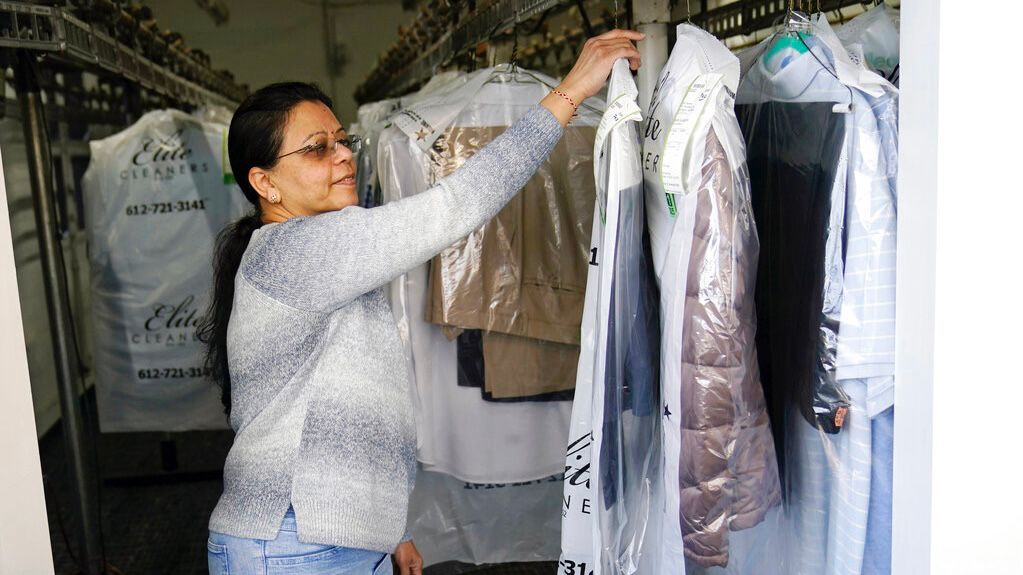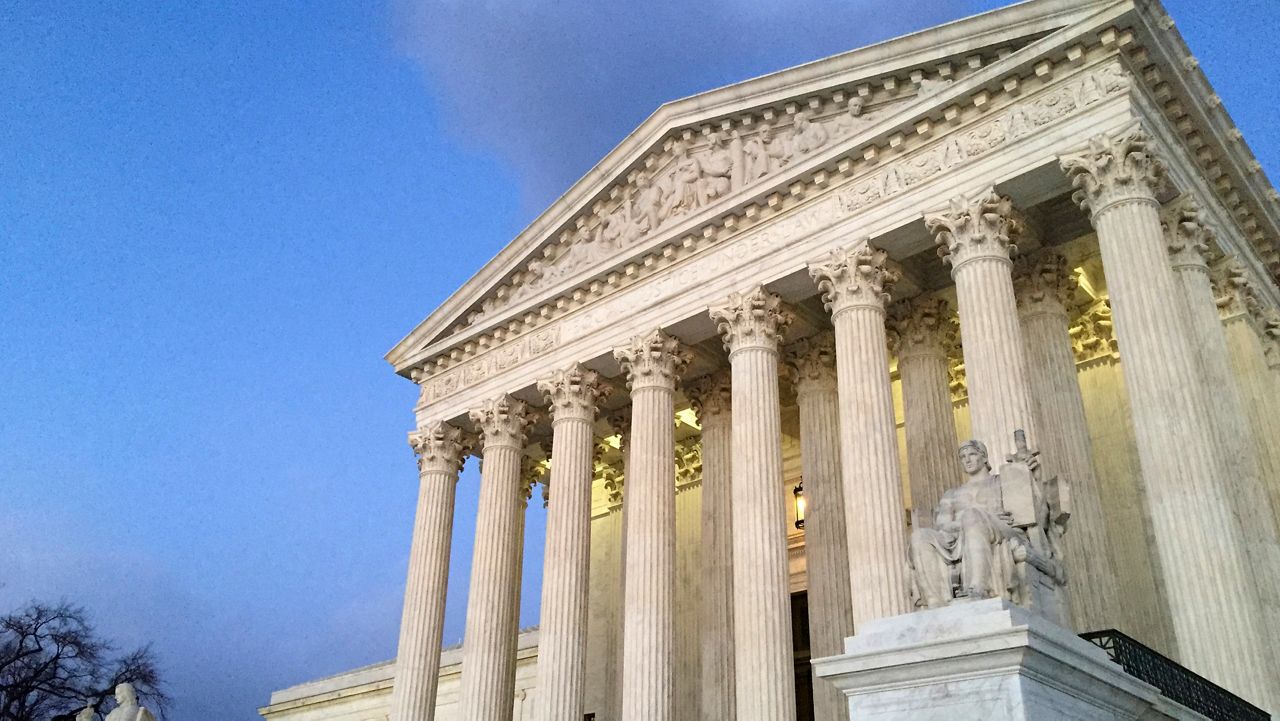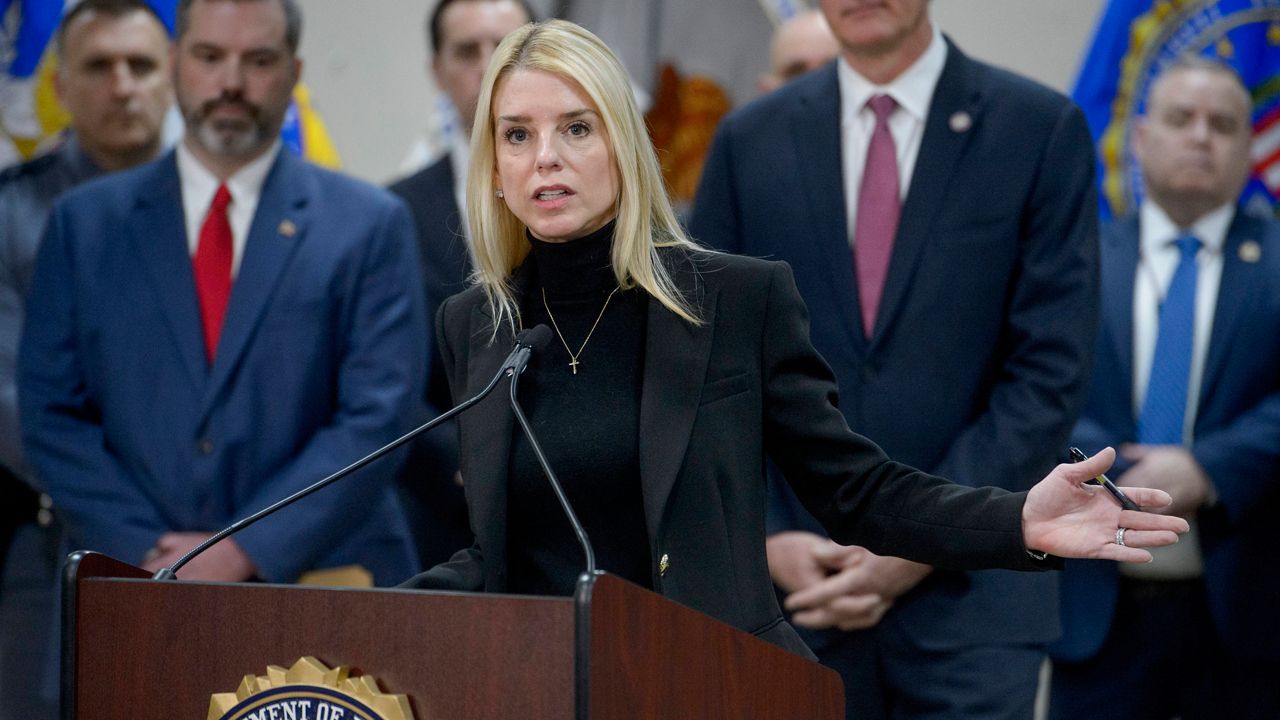WASHINGTON — A pair of widely used chemical solvents will be banned under a new rule the U.S. Environmental Protection Agency announced Monday. Trichloroethylene, more commonly known as TCE, and perchloroethylene, known as PCE, are known to cause multiple types of cancer and other illnesses.
“It’s simply unacceptable to continue to allow cancer-causing chemicals to be used for things like glue, dry cleaning or stain removers when safer alternatives exist,” Michal Freedhoff, EPA assistant administrator for the office of chemical safety and pollution prevention, said in a statement.
Freedhoff said the agency’s new rules are “grounded in the best-available science” demonstrating the harmful impacts of both chemicals, which are classified as nonflammable chlorinated solvents.
TCE is a toxic chemical used in consumer and commercial products for cleaning, degreasing, lubrication, adhesion and paint. Even in small concentrations, it causes liver and kidney cancers, non-Hodgkin’s lymphoma and damage to the central nervous system, liver, kidneys, immune system and reproductive organs. The EPA will ban most uses of the chemical within one year.
PCE is a solvent used in many consumer products, including brake cleaners and adhesives, as well as commercial operations such as dry cleaners. It causes liver, kidney, brain and testicular cancers and also damages kidneys, the liver and the immune system. The EPA rule bans the chemical’s manufacturing, processing and distribution for all consumer uses and in many commercial uses. The EPA plans to phase out PCE in dry cleaning over 10 years.
The EPA says safer alternatives for both chemicals are easily available in most use cases










